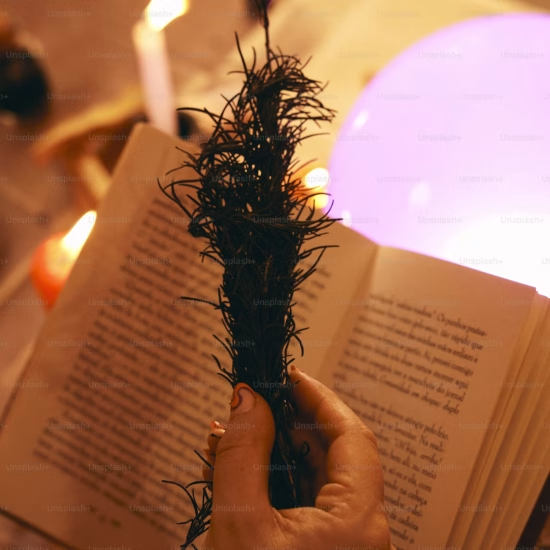
One of the first things I figured out about innovation and leadership is that there is a seed of creative brilliance in every single person. It doesn’t matter where their scores fall on standardized tests, or how their status ranks on the playground or in the boardroom, or whether they’re four years old or ninety-six. Every individual has something profound to offer our world, and if we set the conditions in our schools and organizations that naturally help them to reveal it, then we can exponentially increase our society’s innovative potential.
With that in mind, it seemed only natural when I started to research what those conditions are – those conditions that create environments to help bring out the natural creative brilliance in everyone – we tap into the knowledge and experiences of a diverse range of people. So even though you see just me and my co-writer, Jane Daly, standing at the podium in this photo for the launch of The Wonder Wall: Leading Creative Schools & Organizations in an Age of Complexity (Corwin Press and OPC) there were actually dozens (in fact, thousands) of people who gave us their valuable insight on this topic.
Finding creativity where it lives
We talked to Sacha, Duchess of Abercorn, about the Pushkin Trust, which for thirty years has brought together Catholic and Protestant students from the north and south of Ireland through a common theme of writing literature.
We talked to Dr. Martin Brokenleg of British Columbia, who gave us an Aboriginal perspective on creativity, diversity and inclusivity, and how cultural differences can help us recognize the creative spark in others.
On the other side of Canada, hailing from Newfoundland and Labrador, we talked to Zita Cobb, who understood the creative brilliance of the culture on tiny Fogo Island, and harnessed it to found the Shorefast Foundation to rebuild the community’s economy.
Down in Bushwick, in Brooklyn, New York, we talked to Stephen Haff, whose grassroots Still Waters in a Storm program is inspiring a love of learning among the children and families of his working class community, where tiny scholars as young as six are studying Paradise Lost, and loving every minute of it.
From business leaders, to a coach for the Canadian Deaf National Team, to a student with autism who talks about her experiences with personalized learning, to the owner of an auto-body shop and countless educational leaders, we explored the question: “What are the conditions necessary to create environments that foster creativity?”
The 3 Imperatives
Although we continue to expand this knowledge (and I’d love to hear your own ideas and experiences!), we found that there are three imperatives for learning and working environments that can indeed help to naturally bring out the creative brilliance and leadership abilities in every individual involved. They include:
- Recognize that there is a seed of brilliance in everyone
- Adopt a strength-based approach
- Create cultures of belonging
These imperatives are supported by a number of conditions (which will be somewhat different depending on your district’s or organization’s unique needs – we explore four primary conditions in The Wonder Wall), but it’s surprisingly easy to get started – and each simple step can have a domino effect on your spheres of influence.
What are your experiences with fostering creativity and innovation?
I’d love to hear them in the comments below.






